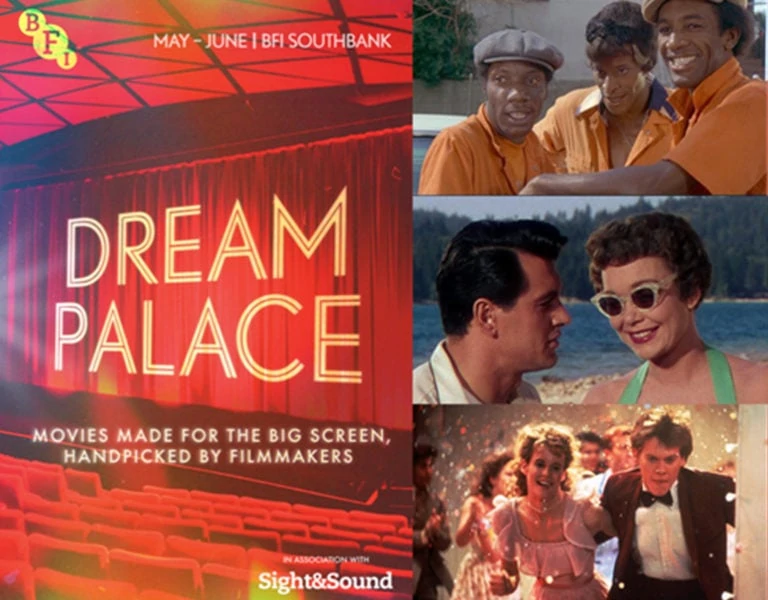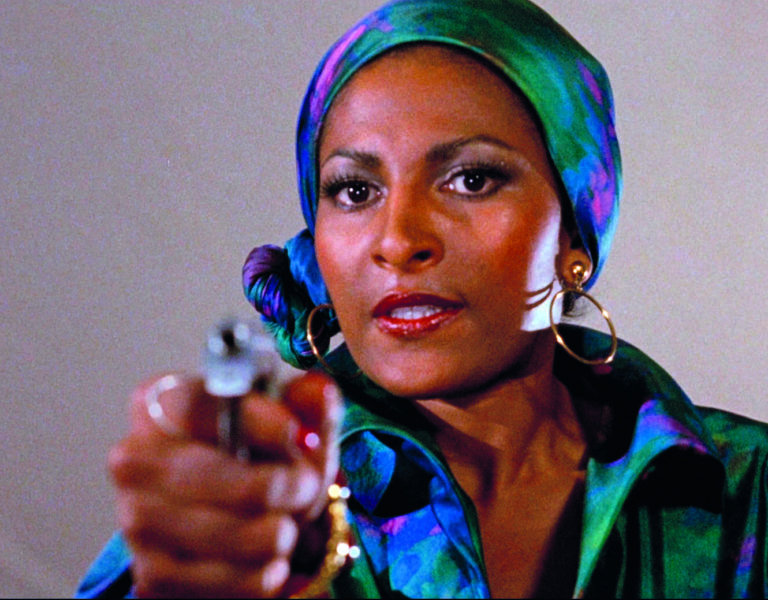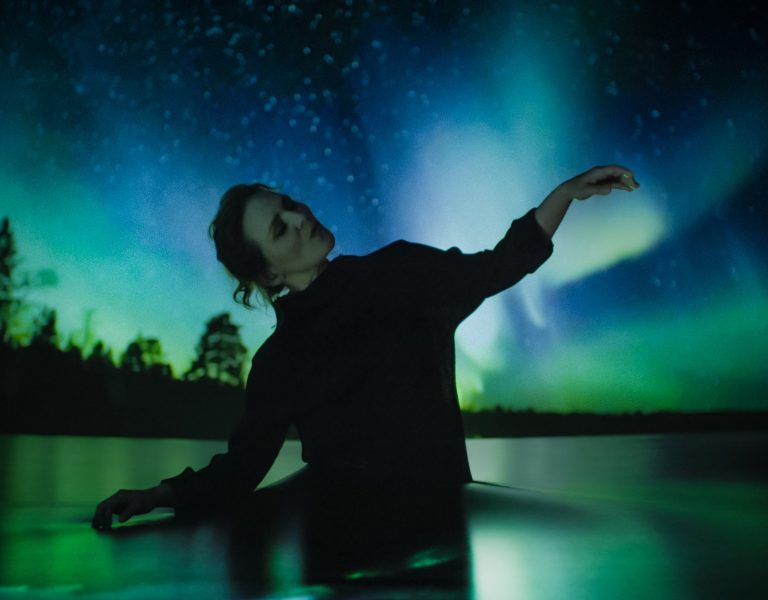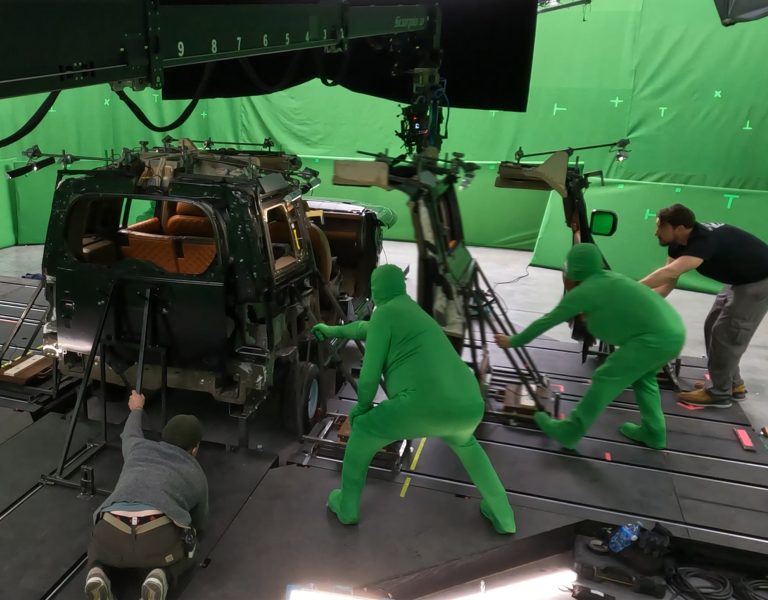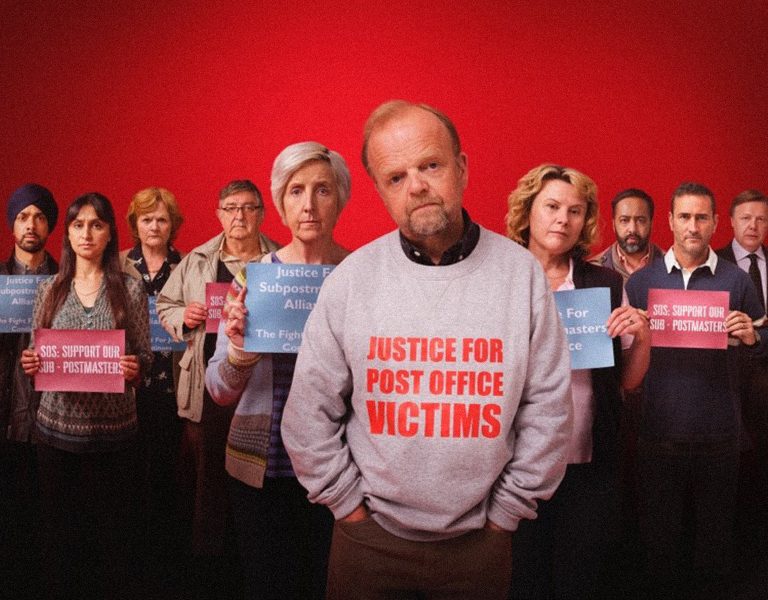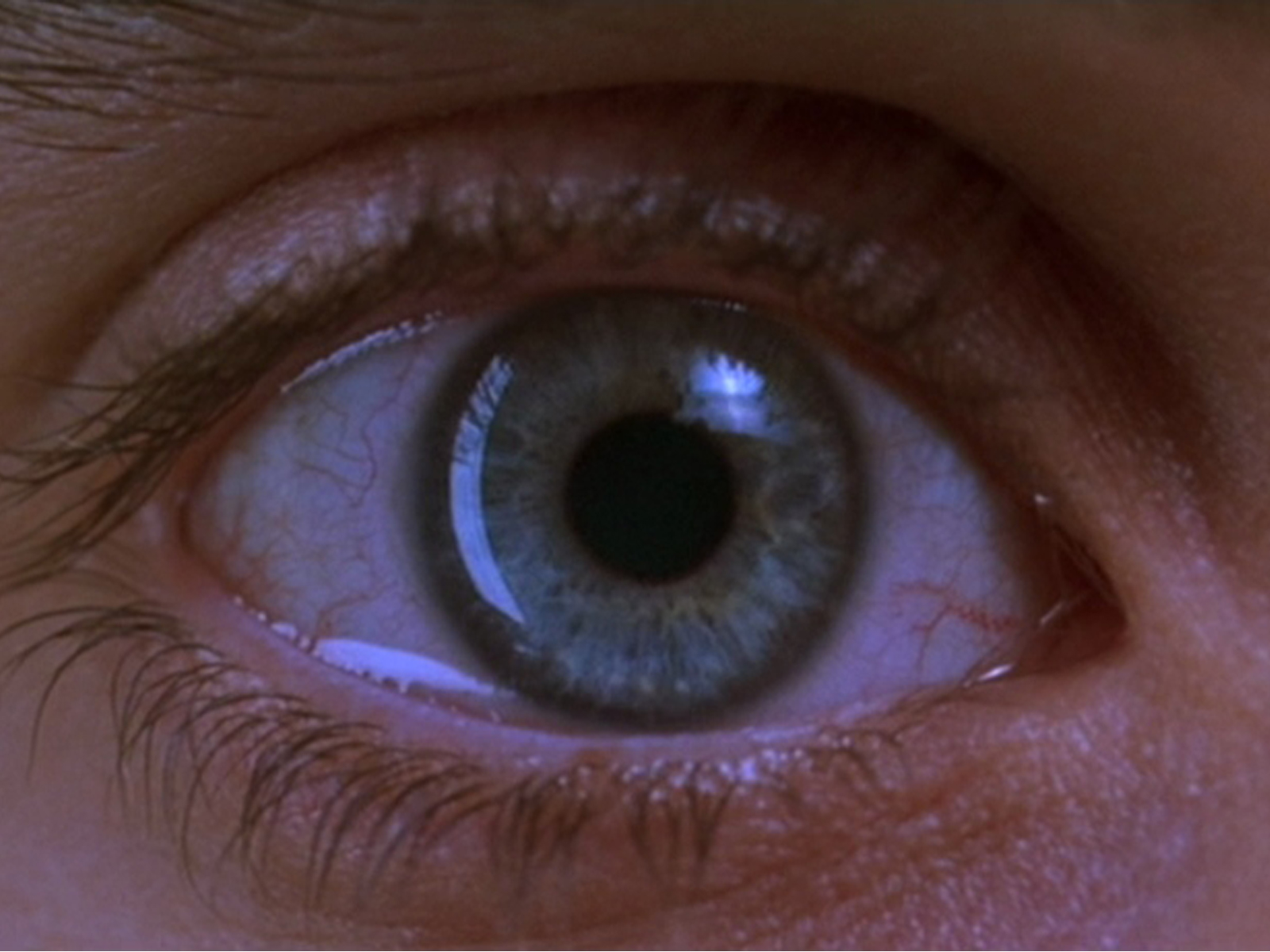
Most people are familiar with the ‘comfort movie’ – feel-good film viewing that is pleasurable, friendly or undemanding, offering precious escapism or a soothing balm from reality.
Discomfort Movies will be a season that contemplates the movies that challenge us the most; the antithesis of the comfort watch, taking place at BFI Southbank from 1-31 July. Through a variety of content and styles, they induce feelings of fear, stress, anxiety, or despair, often pushing the envelope and haunting us long after the credits have rolled. These films transcend genre and employ discomfort not just to shock, but to explore ideas. They may veer towards the dark, but they remain boldly cinematic and often transformative – offering big rewards to audiences who remain open-minded.
Kimberley Sheehan, BFI events programmer and curator of the season, commented: “The films included in this season represent some of my most extreme experiences in cinema. I am fascinated by their power, and although the programme I have curated is personal to me, I’m curious about the feeling of discomfort in cinema and what might unsettle others. There seems to be a craving for darker material at this moment and a need to feel extreme emotion. Some may find these films shocking and upsetting, while others will find them oddly comforting. Either way, I hope audiences will allow themselves to be confronted, to tap into those strong visceral emotions and take away some ideas about the more challenging aspects of the human experience. There may even be some catharsis, too.”
The programme kicks off on 1 July when a screening of Eraserhead (David Lynch, 1977) will include an extended introduction to DISCOMFORT MOVIES from season curator Kimberley Sheehan. Shot in striking black and white with oppressive, industrial-landscape production design and equally unsettling sound, Eraserhead is a unique, disturbing nightmare which shows David Lynch at his most unfiltered.
COMPLETE PROGRAMME
In addition to ERASERHEAD, films playing in the season will include The Lost Weekend (Billy Wilder, 1945), a landmark portrayal of alcoholism that retains much of its power to unsettle and disturb. Alongside Miklós Rózsa’s brooding score, Ray Milland’s ugly yet empathetic performance as the alcoholic Don, whose scheme to slip away from his loved ones leads to destruction, helps sustain the tension. They Shoot Horses Don’t They? (Sidney Pollack, 1969) is a searing critique of capitalism and an uncompromising portrait of a society on the brink of collapse. The ‘derby’ sequences, in which exhausted dancers are forced to race each other to stay in a gruelling cash-prize competition, are extraordinary. Meanwhile, A Woman under the Influence (John Cassavetes, 1974) is an uncomfortable yet vital depiction of a woman’s psychological breakdown as Mabel, a blue-collar housewife, finds herself struggling with domestic and societal expectations in. Gena Rowlands gives Mabel an authenticity and vulnerability that is both raw and profoundly compassionate.
Violent and visceral, Posession (Andrzej Zuławski, 1981) pulsates with anxiety and adrenaline while exploring jealously, sexuality and alienation with some of cinema’s most disturbing sequences. Isabelle Adjani’s emotional and physical performance as a woman who requests a divorce with no obvious explanation is riveting. 40-years since its UK broadcast, Threads (Mick Jackson, 1984), which imagines how a nuclear conflict might unfold, remains one of the most shocking and devastating films to ever air on television. Combining documentary-style realism and kitchen-sink drama, the looming threat of nuclear war is observed from the perspective of a working-class family in Sheffield. Elsewhere, a masterclass in building tension and unease, home invasion thriller Funny Games (Michael Haneke, 1997) questions our consumption of violence as entertainment, with the viewer made to feel complicit in the horror that unfolds. It’s a startling rumination on the senselessness of violence and an excoriating portrait of cruelty.
Extreme but brilliant, Audition (Takashi Miike, 1999) finds a lonely widower go to unusual lengths to find a new partner when a friend convinces him to audition women for a fake film. Takashi Miike’s international breakout influenced a new wave of ‘torture porn’ but it digs much deeper, with scenes challenging our physiological and psychological boundaries on the violent sexualisation of women. Requiem for a Dream (Darren Aronofsky, 2000) sees heroin addicts Harry, girlfriend Marion and best friend Tyrone do anything for a fix. Their devil-may-care attitude is reflected in the film’s style, which employs a multitude of cinematic tricks to capture the harrowing depths of addiction. It’s bravura filmmaking, peppered with haunting images that leave an indelible mark. Meanwhile, Bug (William Friedkin, 2006) is an impressively claustrophobic and anxiety inducing chamber piece. Agnes, a lonely waitress with a troubled past, finds herself connecting with drifter Peter and offers him a place to stay. . . Arguably William Friedkin’s most disturbing film, this gruesome psychological horror is certainly one of his most underrated.
A king of the New French Extremity, Gaspar Noé’s work is synonymous with discomfort. Climax (Gaspar Noé, 2018), an inspired fusion of modern dance and art house horror, is a masterclass in rising anxiety which sees a group of dancers throw a party in their rehearsal space. However, someone has spiked the sangria and the celebration turns deadly. It plays alongside Strasbourg 1518 (Jonathan Glazer, 2020), a short film depicting a real-life dance epidemic, and a wonderful micro demonstration of Jonathan Glazer’s ability to create intense and nauseating atmospheres. Shot in grainy night-vision, evoking a worn-out VHS tape, experimental low-fi horror Skinamarink (Kyle Edward Ball, 2022) eerily replicates the uncanny feeling of childhood nightmares when two young siblings wake in the night to discover the doors and windows in their home have vanished. This unsettling debut is a terrifying slow burn.
Finally, the season spotlights the body horror subgenre with a boundary pushing Double Bill on 20 July, paying homage to David Cronenberg and the filmmaker following in his wince-inducing footsteps, Palme d’Or winner Julia Ducournau. In Crash (David Cronenberg, 1996), following a nasty collision, a man finds himself drawn into a community who fetishise car crashes, while in Titane (Julia Ducournau, 2022), a dancer finds herself on a bizarre, unpredictable journey after an intimate encounter with a vehicle. Both films shock but also manage to sink their teeth into sexual desires and identity while exploring bodily transformation.
Discomfort Movies is at BFI Southbank from 1 – 31 July 2024. Tickets are on sale to BFI Patrons on 20 May, BFI Members on 21 May and to the public on 23 May.
